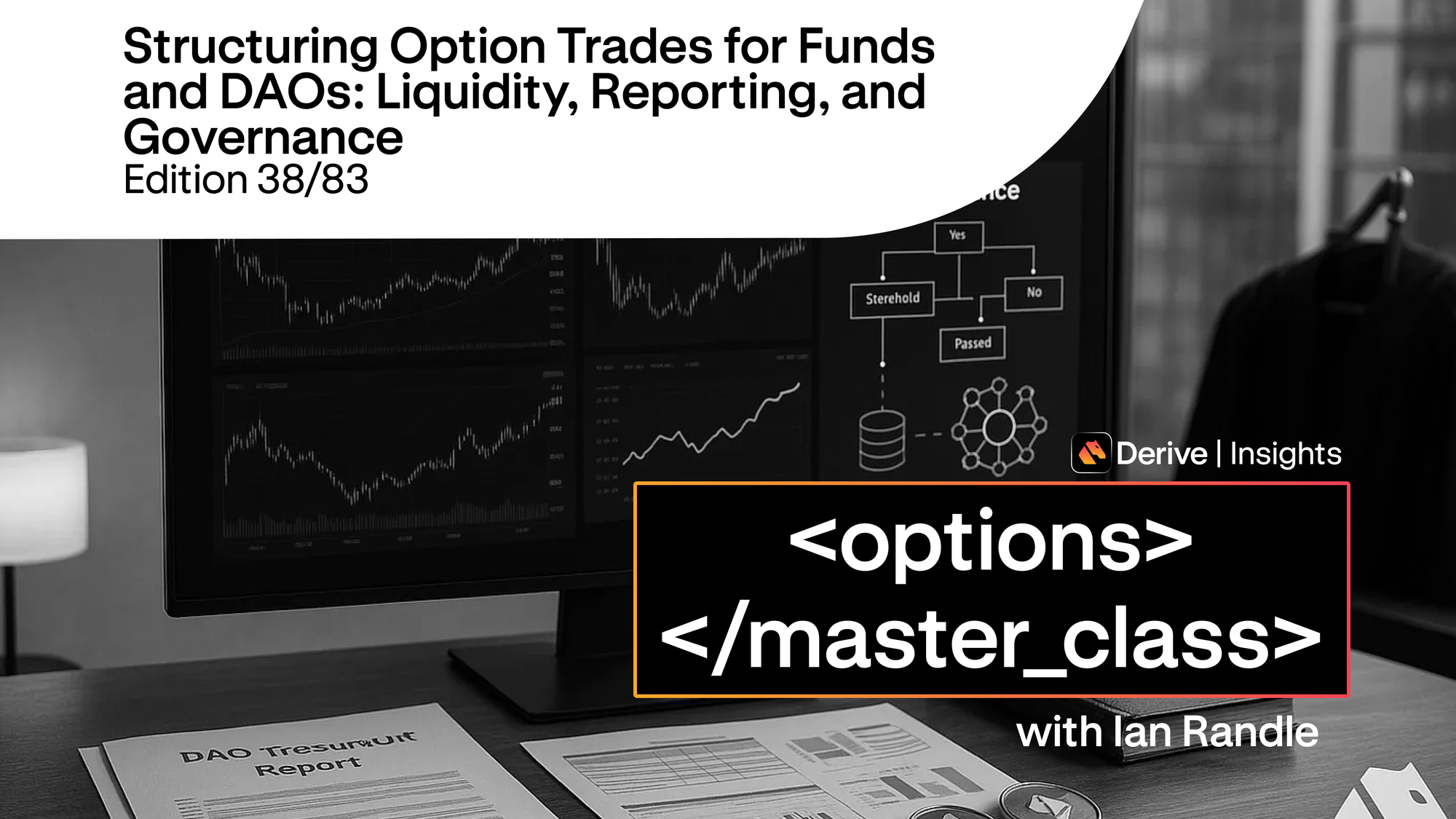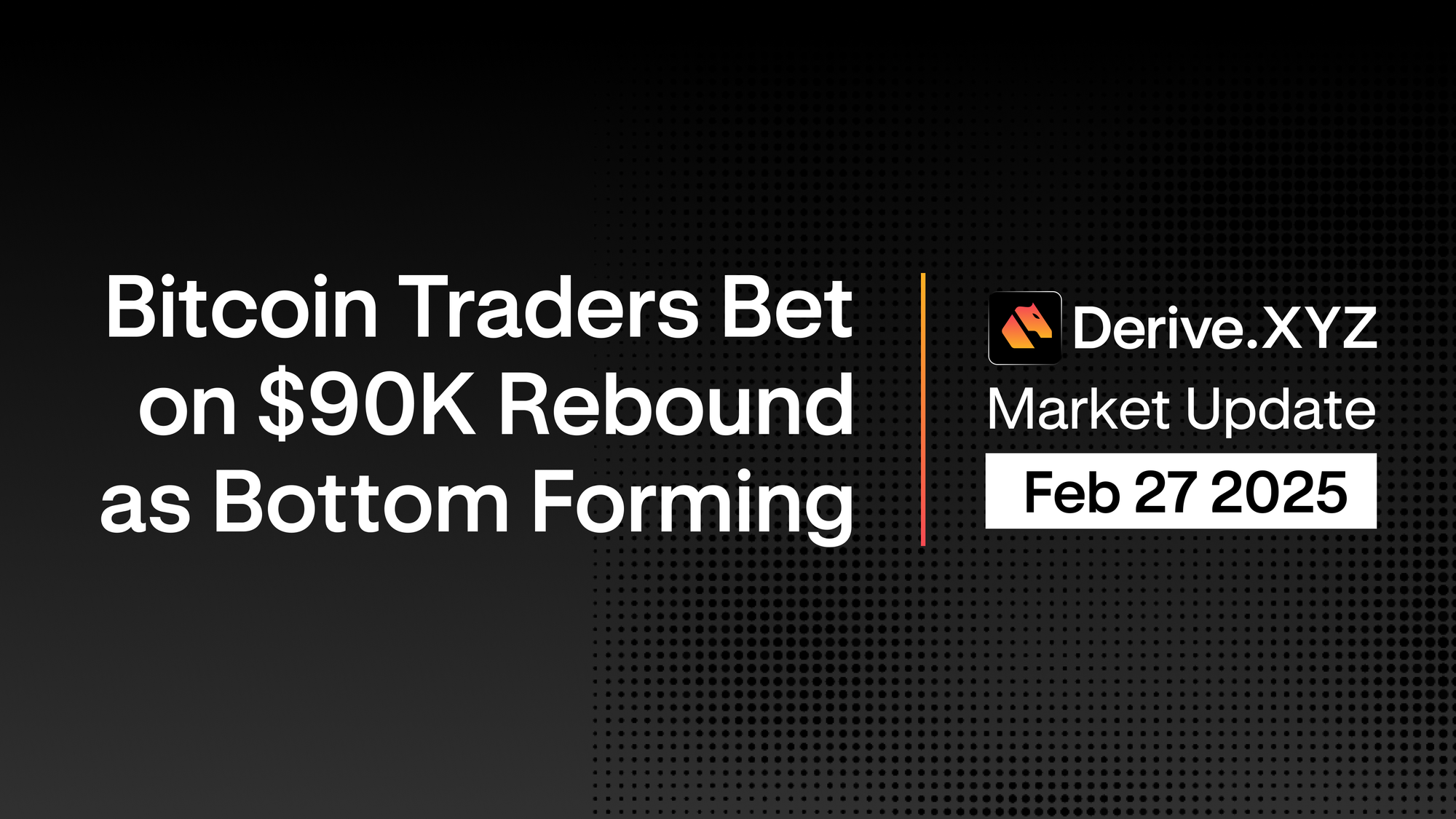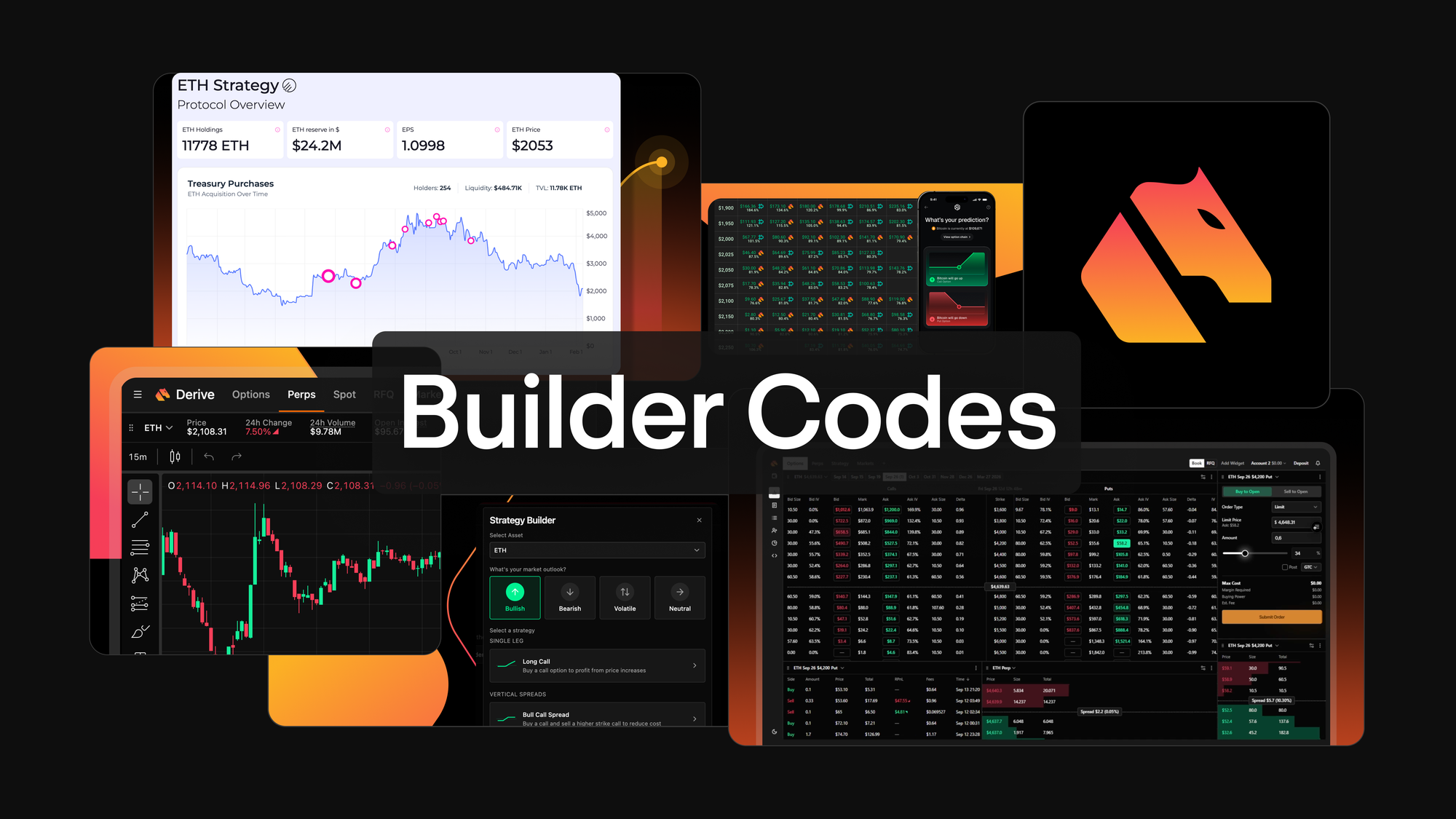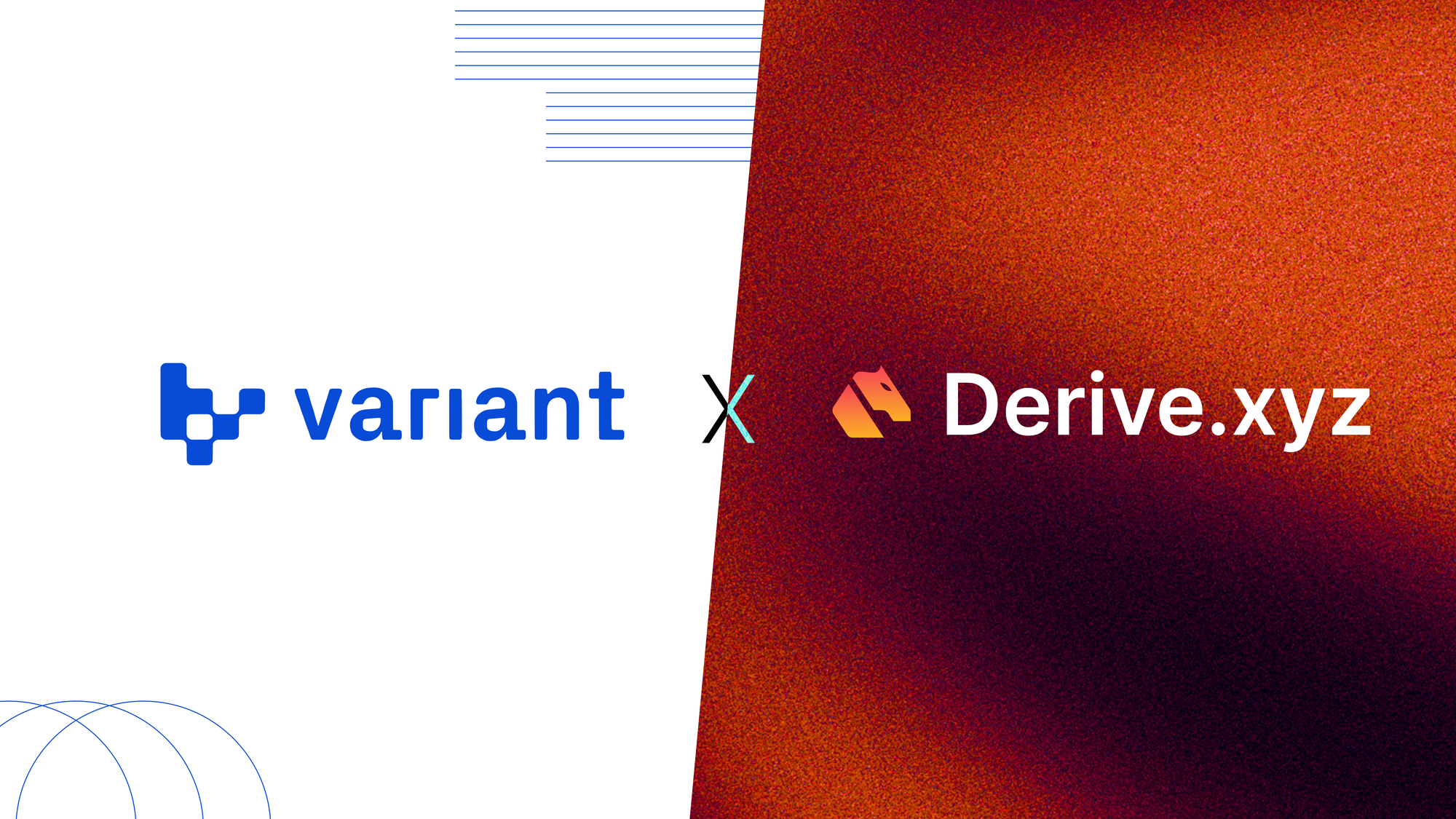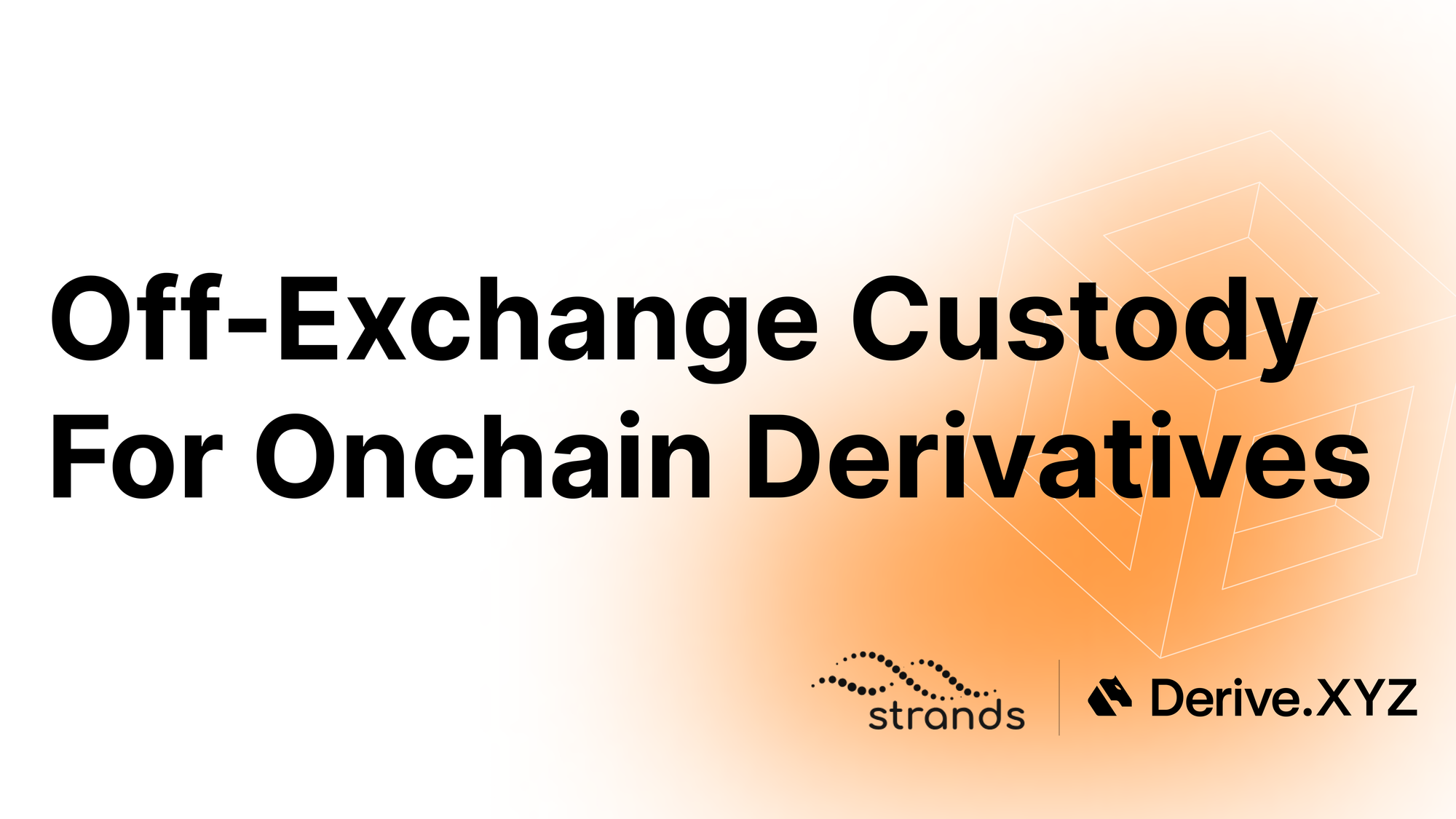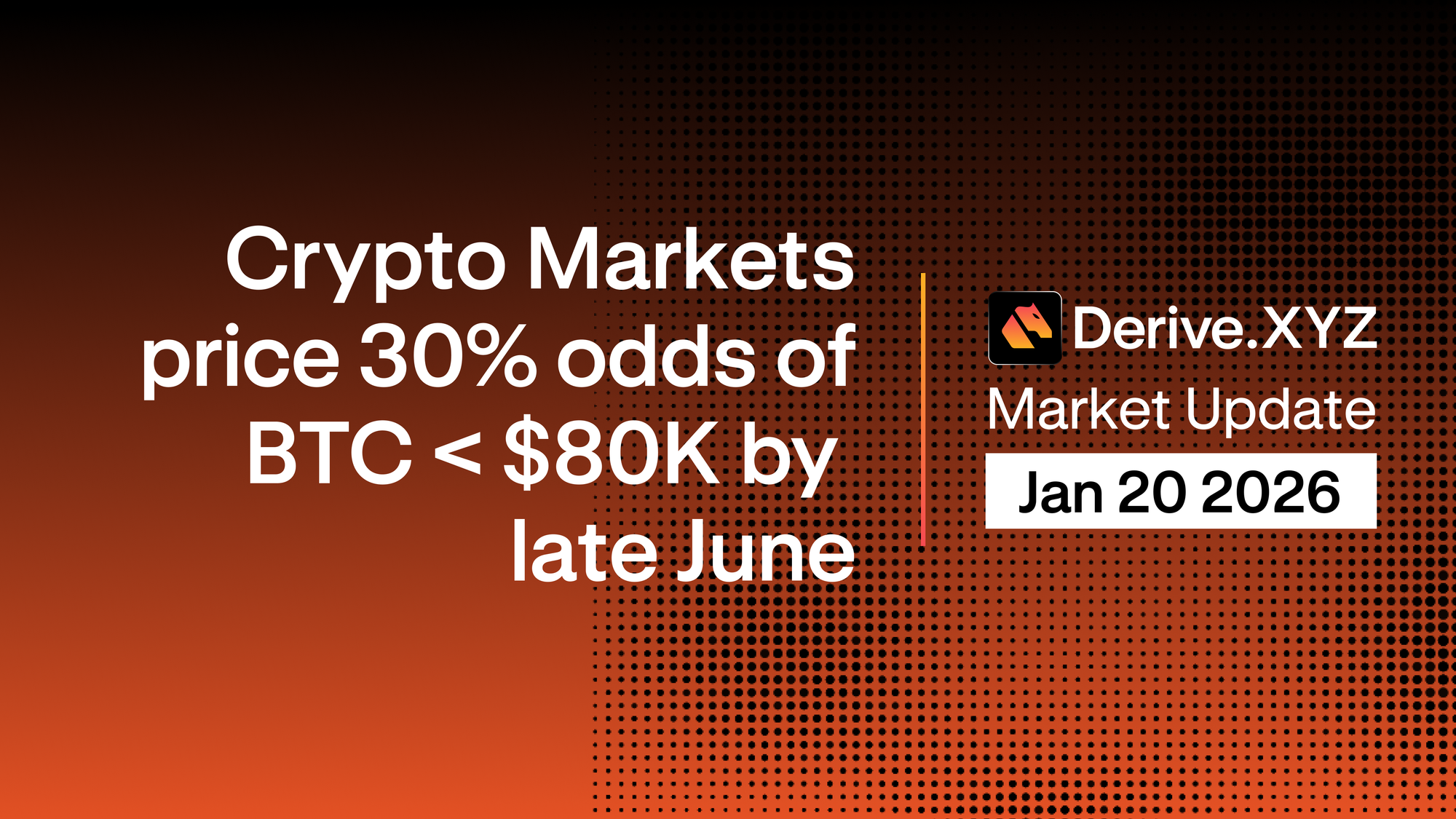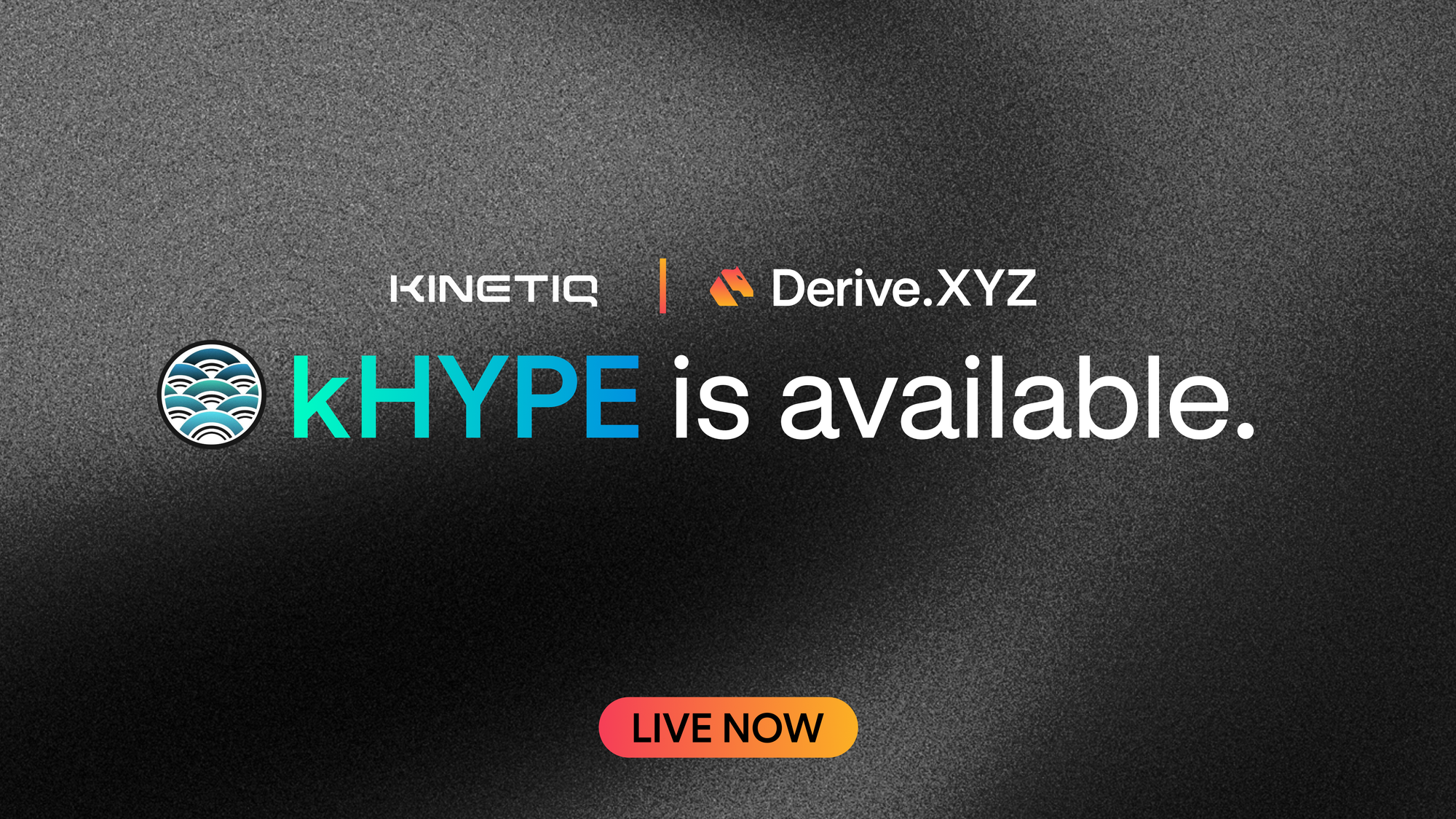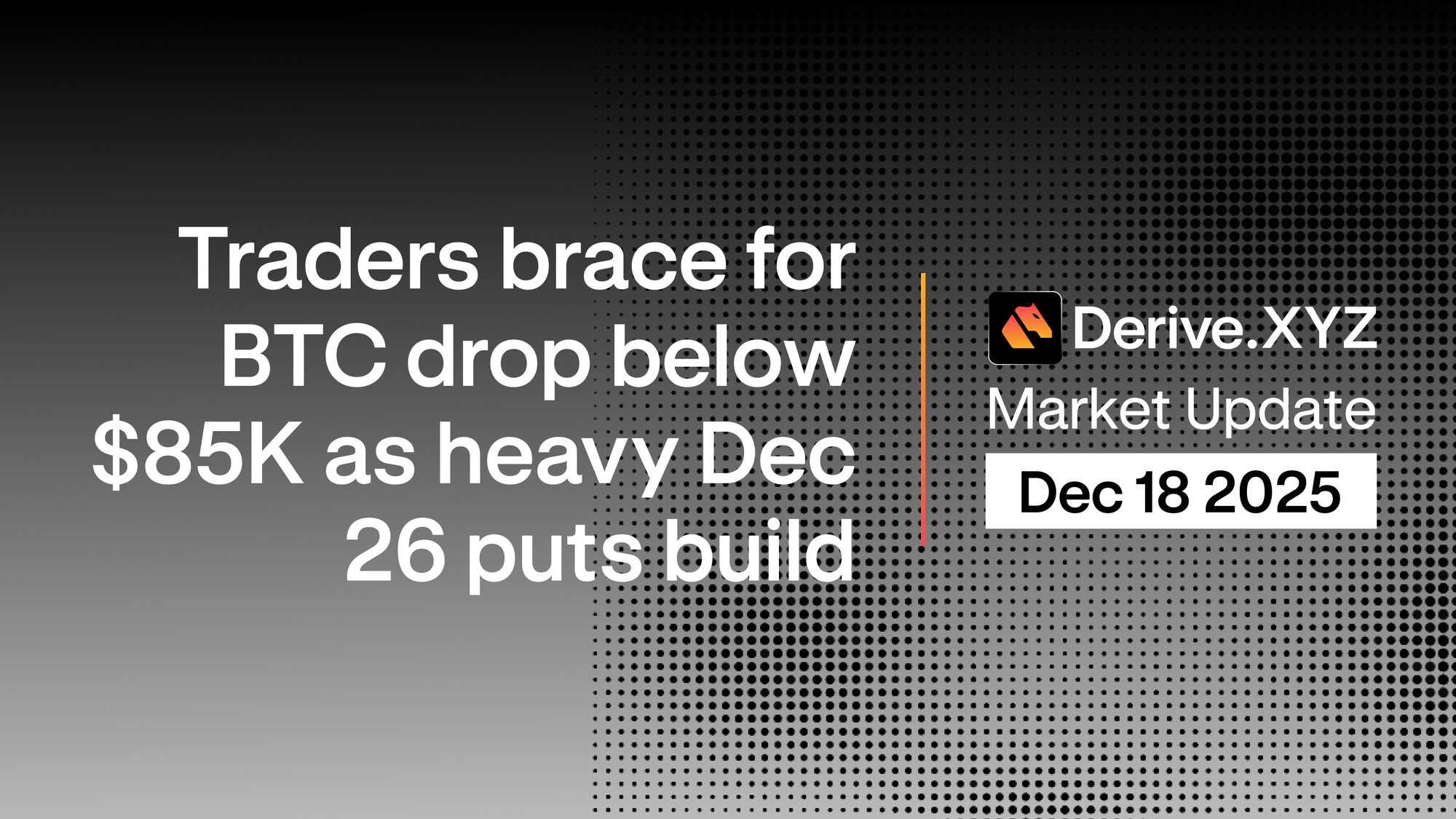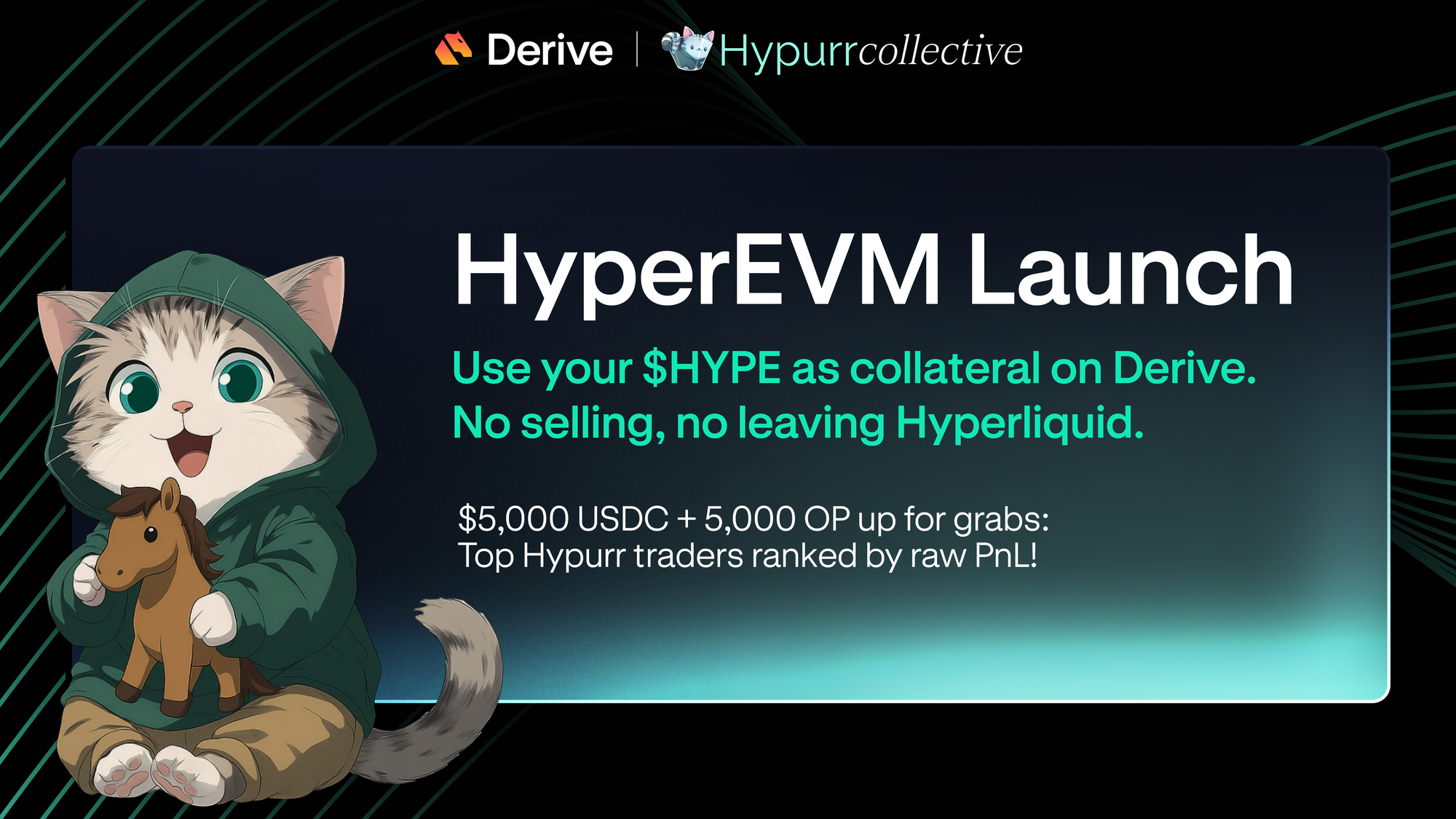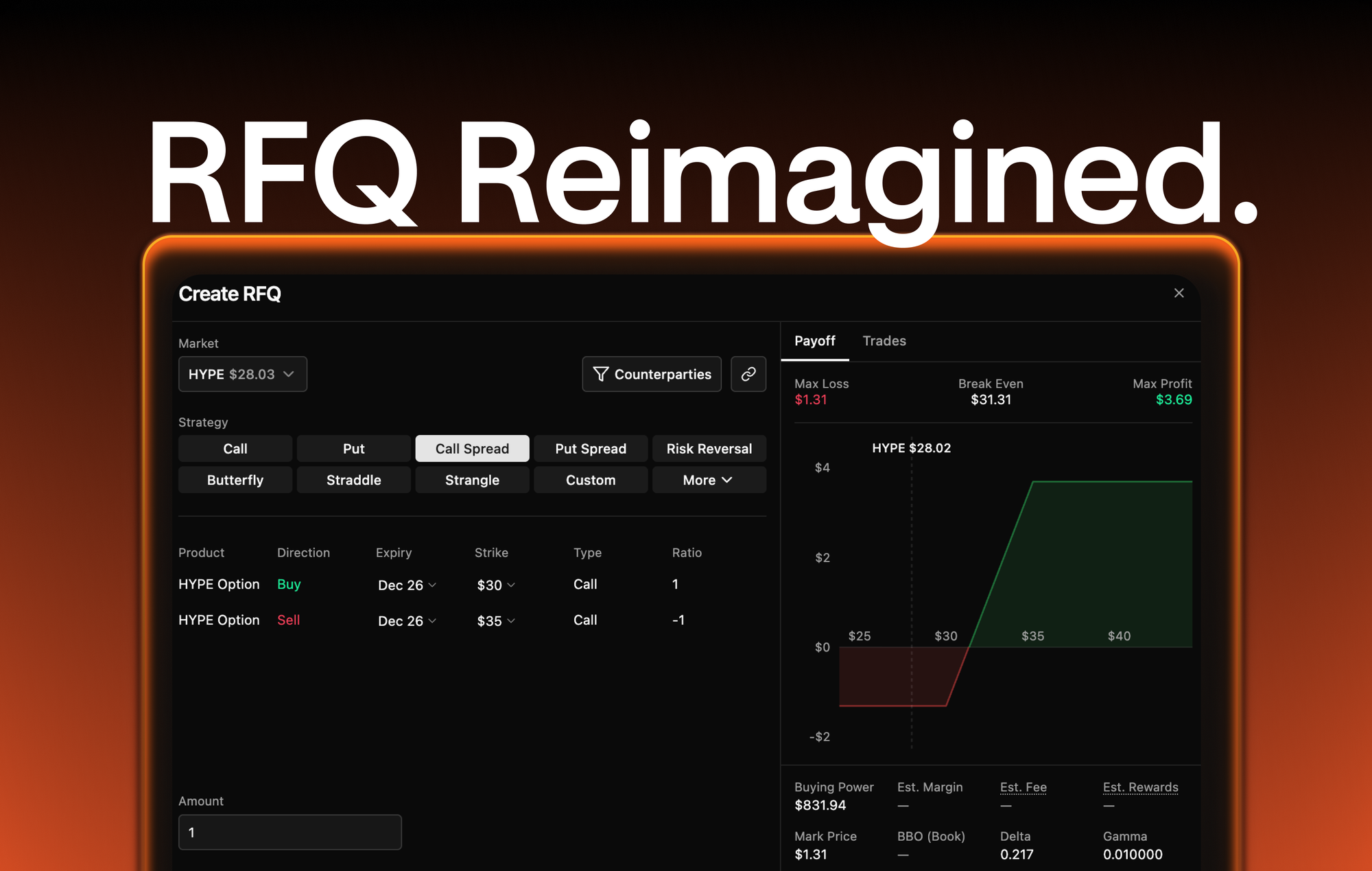How institutional players execute, monitor, and report option strategies at scale.
cMost retail traders focus on single positions, but funds and DAOs must handle options trading at a completely different level.
They care about liquidity, transparency, compliance, and the ability to scale or unwind risk efficiently.
Here’s how advanced players approach options in real-world institutional contexts, using Derive as a toolset.
1. Liquidity Management
- Trade Size: Funds and DAOs often execute much larger trades than individuals. Deep liquidity is critical.
- Order Types: Use RFQ (Request For Quote) for block trades, and order books for regular flow.
- Slippage Control: Pre-trade analysis of market depth and post-trade review of slippage are essential.
- Multiple Strikes and Expiries: Manage rolling or laddered exposures to avoid crowded risk at single strikes.
On Derive:
- Access deep liquidity pools and direct market makers for block sizes.
- Subaccounts can be used to split and stage orders for large allocations.
2. Reporting and Transparency
- PnL Attribution: Allocate profits and losses by strategy, desk, or subaccount.
- Greeks Aggregation: Aggregate Delta, Vega, Theta, and Gamma exposure for compliance and risk teams.
- Audit Trails: Maintain timestamped logs for every trade, adjustment, or transfer.
- Automated Export: Use APIs or CSV exports for integration with fund dashboards and DAO reporting tools.
On Derive:
- Download subaccount-level transaction logs and PnL.
- View historical Greeks and performance in real time.
- Connect to reporting systems through API endpoints.
3. Governance and Control
- Multi-Sig and Role Management: Institutional accounts use multi-sig wallets and defined permissions to manage trading, settlement, and withdrawal rights.
- Compliance Checks: Pre-trade checks ensure trades comply with fund or DAO mandates.
- Segregation of Duties: Split responsibilities for trade initiation, approval, and execution.
On Derive:
- Assign different access rights for operators, admins, and auditors.
- All trades are transparent and viewable for permissioned users.
- Set limits or alerts for risk and compliance triggers.
4. Scaling and Unwinding Risk
- Rolling Structures: Efficiently roll large books forward without excess slippage.
- Unwinding Blocks: Use RFQ and negotiated settlement for orderly exits.
- Cross-Chain or Multi-Asset Coordination: Funds may rebalance exposures across multiple assets or chains.
On Derive:
- Use subaccounts to manage each strategy or asset pair separately.
- Coordinate with market makers for block trades or complex structures.
Your Action Today
- If you are a fund, DAO, or active group, review how you currently handle liquidity, reporting, and permissions for option trades.
- Test Derive’s subaccounts, reporting, and API functionality in a demo or test environment.
- Review and document your governance process around trade execution and compliance.
- Plan for scaling or unwinding positions as market conditions shift.
Tomorrow, we will move into building custom options strategies with smart contracts, unlocking programmable logic for on-chain risk and payoff management.
Coming tomorrow:
Day 39 – Building Custom Options Strategies with Smart Contracts
Hasta manana
Cpt
CptRandlelwa’s Substack | Substack
My personal Substack. Click to read CptRandlelwa’s Substack, a Substack publication. Launched 4 months ago.




